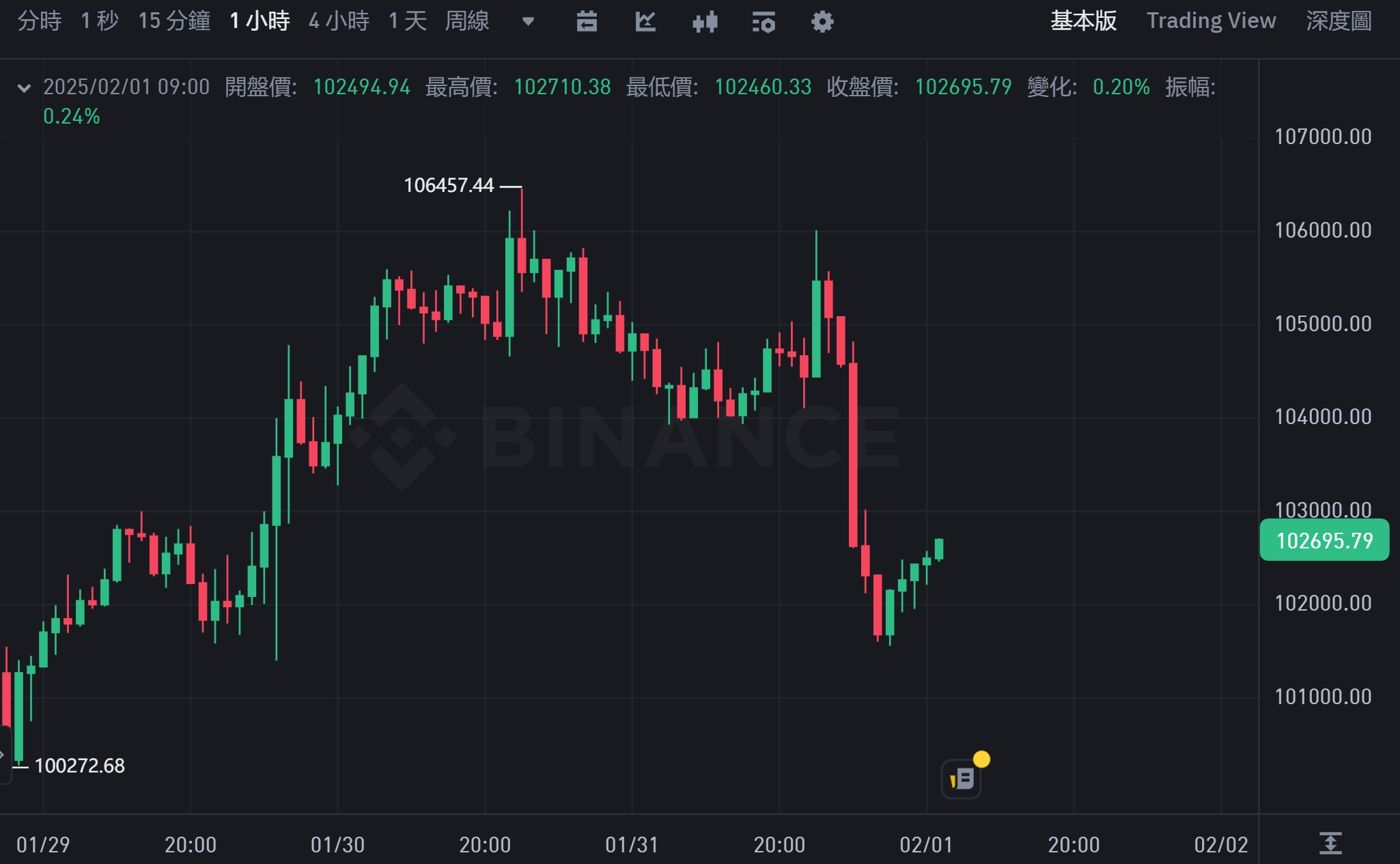US President Trump announced on Friday that starting February 1, he will impose a new 25% tariff on imports from Mexico and Canada, and a 10% tariff on imports from China, and these three countries will not be able to take any measures to prevent the implementation of these tariffs.
Trump said he will exempt Canadian oil from the tariffs, with the tariff being 10% instead of 25% as for other Canadian goods, but broader tariffs on oil and natural gas will be implemented in mid-February, which caused oil prices to rise.
Tariffs to be imposed on China, Canada, Mexico on 2/1
Trump has threatened for weeks that these tariffs will take effect on February 1, and said the tariffs will remain in place until these countries take more action to stop immigrants and fentanyl from entering the US border.
When signing the executive order in the Oval Office, Trump said he understands these tariffs may lead to cost increases, and acknowledged that his actions may cause disruption in the short term, with most economists estimating that such widespread import taxes and potential retaliation measures will disrupt global economic activity.
Trump denied that the tariff threat is a negotiating tool, emphasizing that the US has huge trade deficits with these three countries, and hinted that more tariffs are on the way, as the US is considering imposing import taxes on European goods, steel, aluminum, copper, as well as pharmaceuticals and semiconductors.
White House spokeswoman Karoline Leavitt said at the press briefing:
The President will impose a 25% tariff on Mexico, a 25% tariff on Canada, and a 10% tariff on China tomorrow (Saturday), because they are providing and allowing illegal fentanyl to flow into our country, which has resulted in the deaths of tens of millions of Americans.
Karoline Leavitt said the specific details of the tariffs will be announced on Saturday.
US stocks, Bitcoin plunge
The major US stock indexes opened strongly on Friday, as the US personal consumption expenditures (PCE) price index rose 2.8% year-over-year in December, in line with market expectations, helping to alleviate investors' concerns about a resurgence of inflation, and with strong earnings reports from tech stocks like Apple.
However, after the White House confirmed the tariff plan would take effect, the financial markets experienced violent fluctuations, with investors worrying that the tariffs could reignite inflationary pressures just as price pressures appear to be easing, causing the major indexes to turn from gains to losses:
- The Dow Jones Industrial Average fell 337.47 points, or 0.75%, to close at 44,544.66
- The S&P 500 index fell 30.64 points, or 0.50%, to close at 6,040.53
- The Nasdaq Composite index fell 54.31 points, or 0.28%, to close at 19,627.44
- The Philadelphia semiconductor index fell 14.679 points, or 0.29%, to close at 5,015.852

The cryptocurrency market was also impacted, with BTC falling from a high of $106,000 last night to a low of $101,560 this morning, a drop of over 4%, before rebounding to $102,695 at the time of writing, down 1.8% in the past 24 hours.









